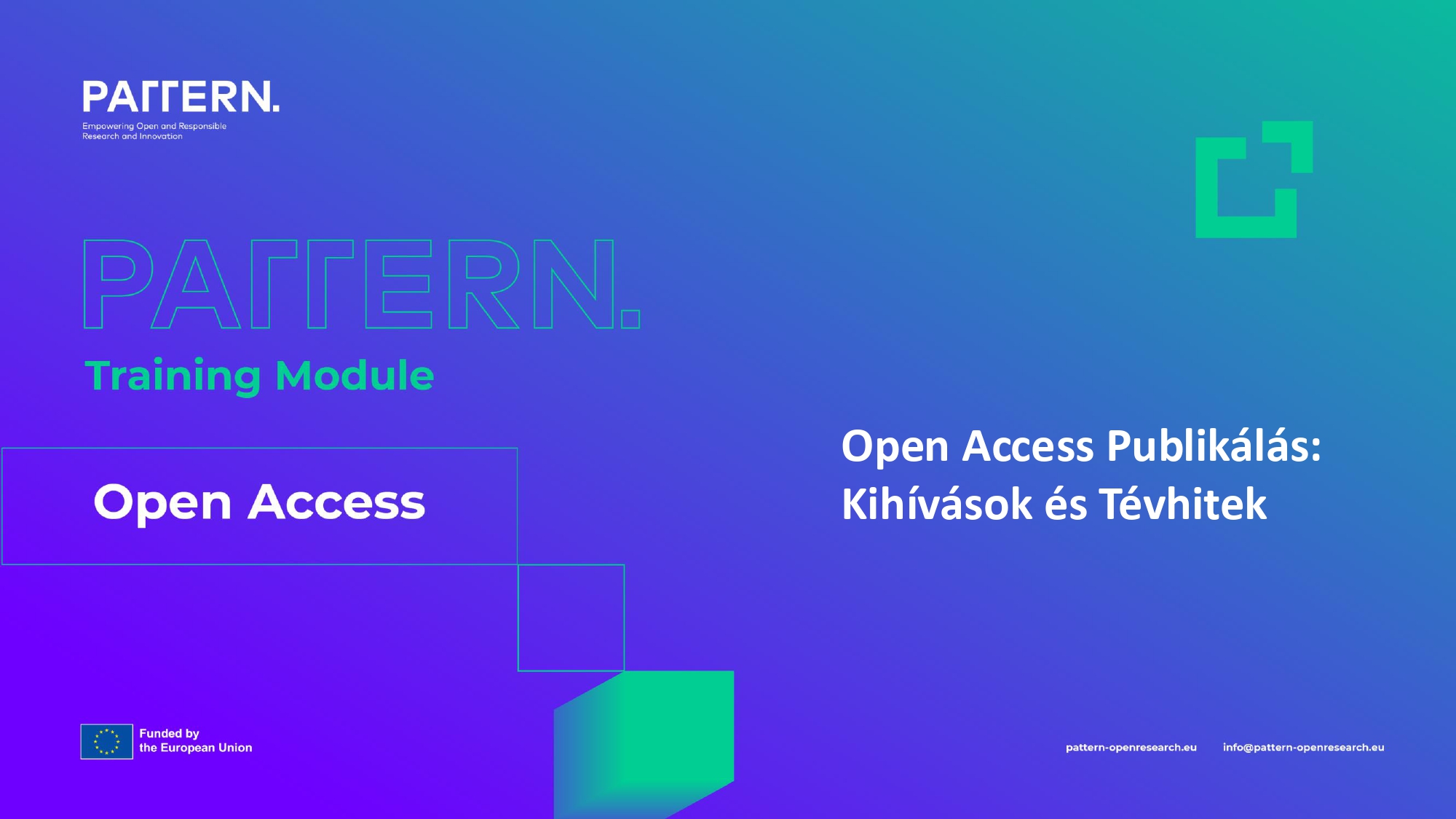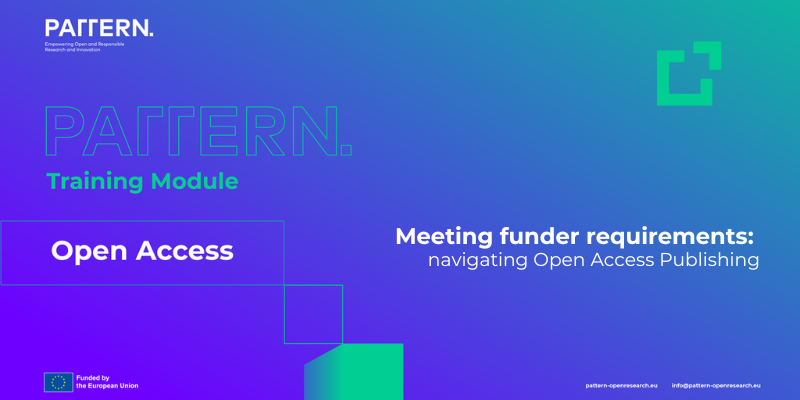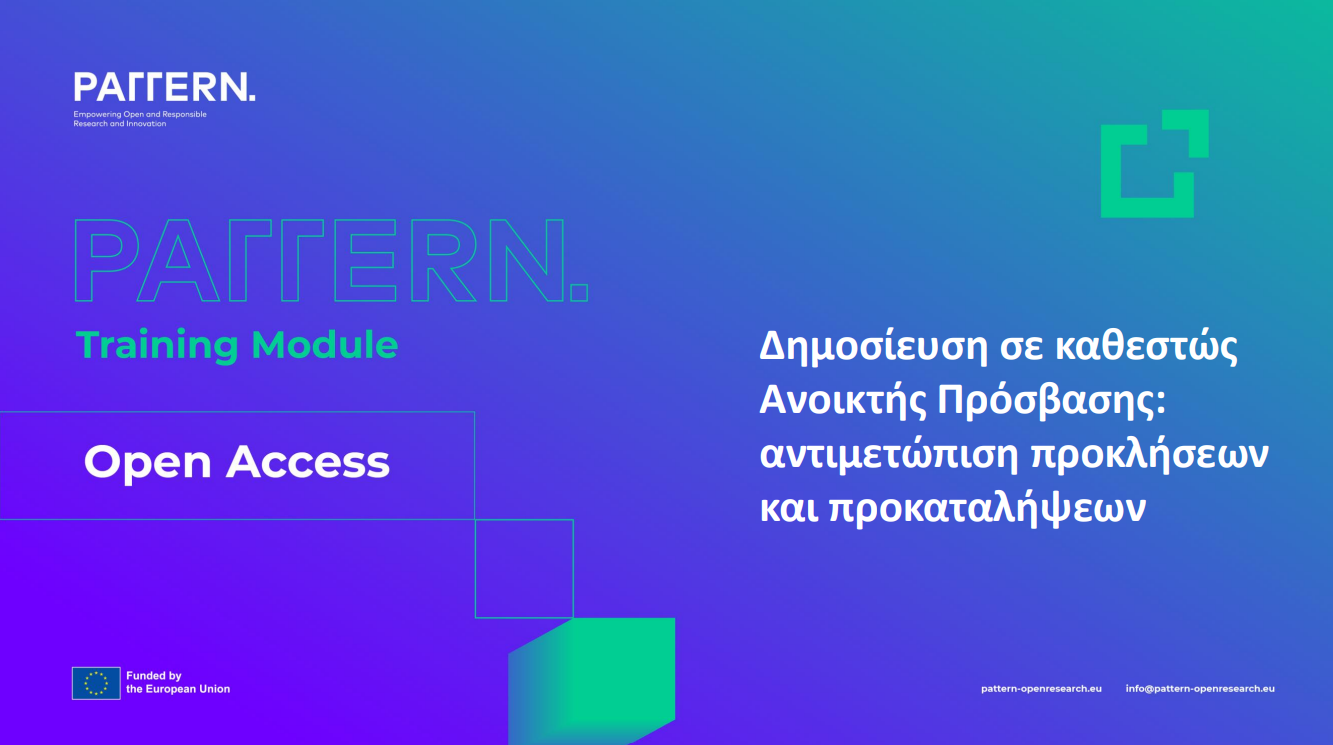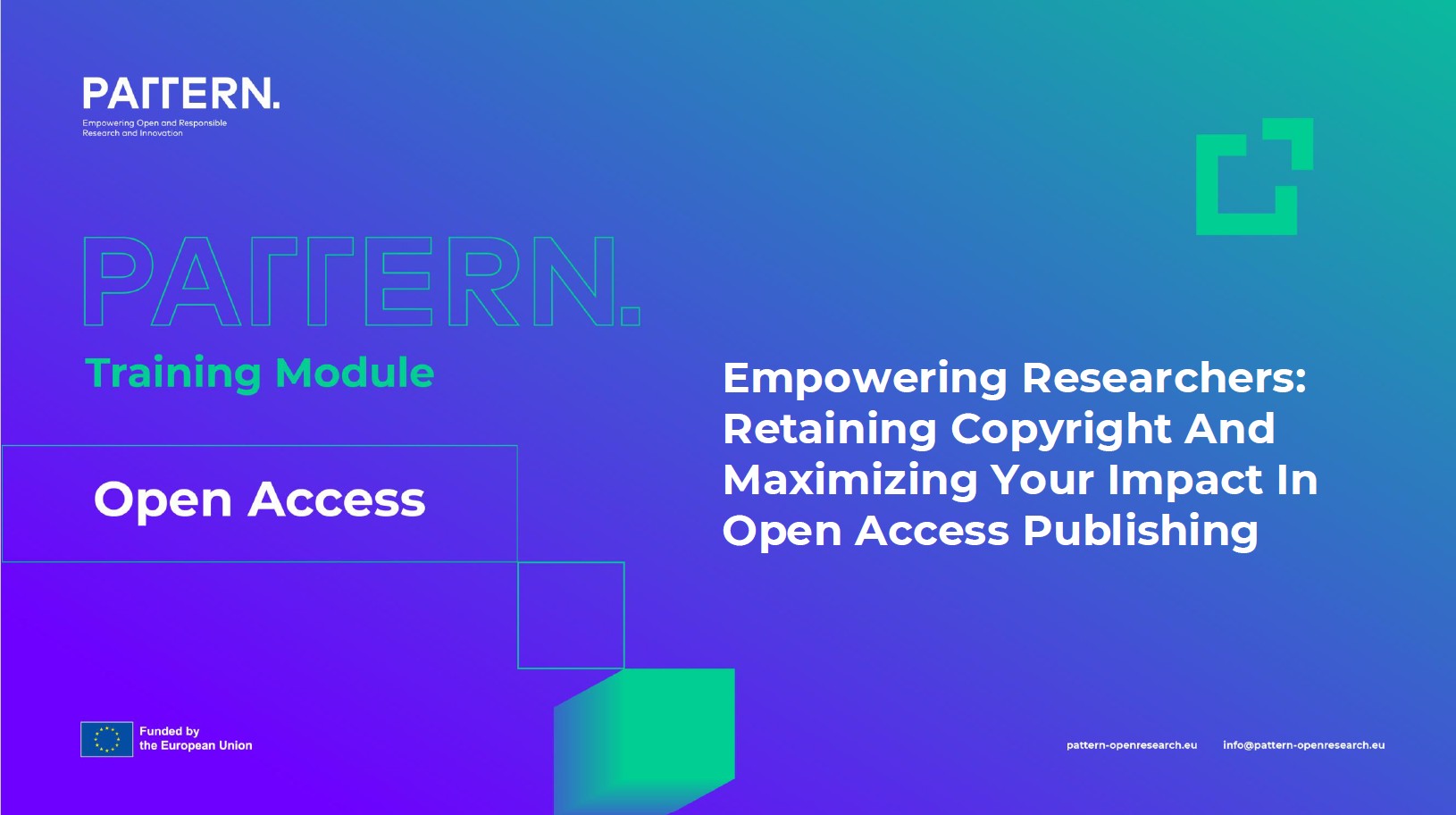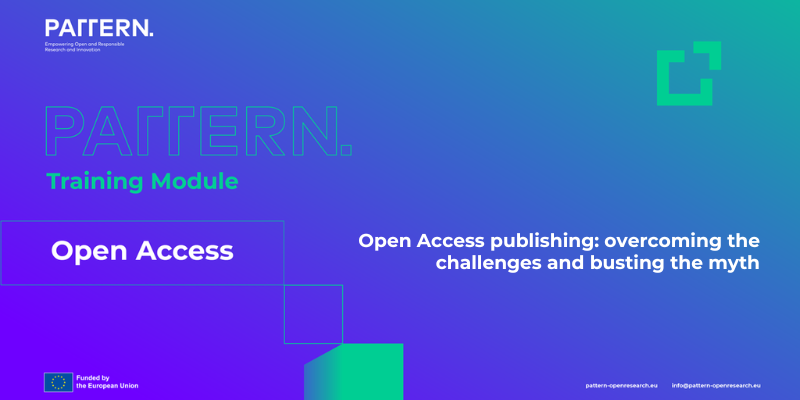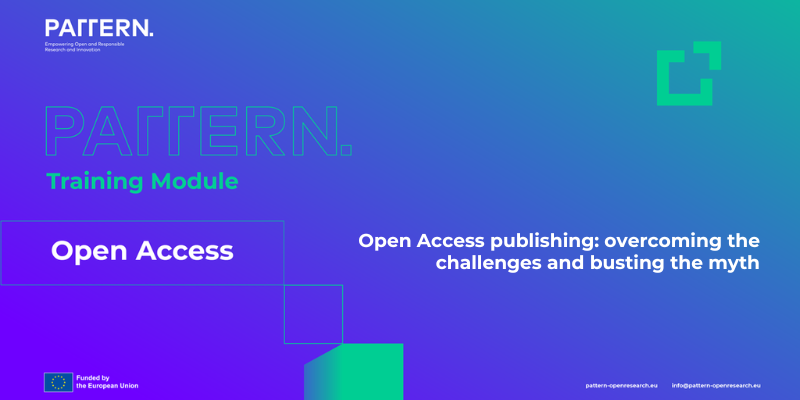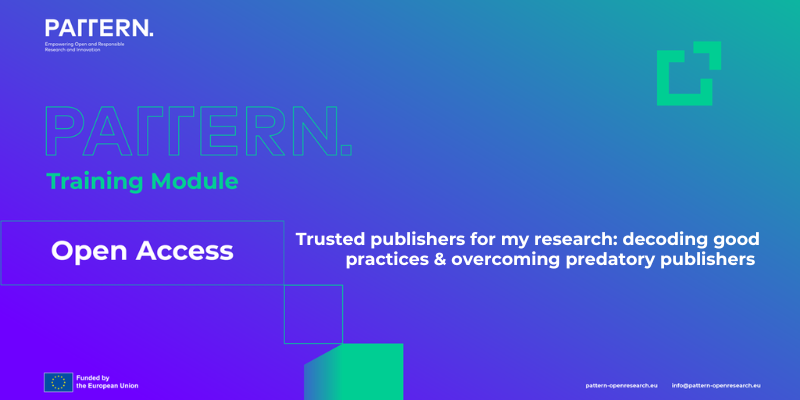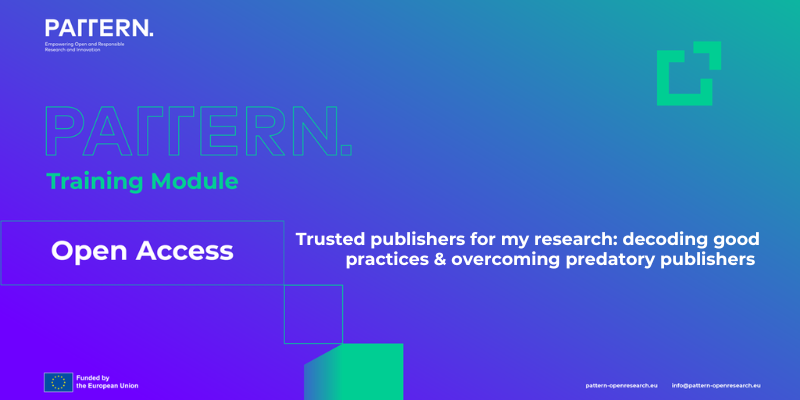Gain essential knowledge for handling sensitive data in research with this focused course. Tailored for researchers and data stewards in the Social Sciences, Humanities, and Arts, this course provides actionable insights into GDPR compliance, Open Research practices, and the European Open Science Cloud (EOSC). It delves into the ethical, regulatory, and methodological principles necessary for managing sensitive personal data responsibly while enhancing transparency and reproducibility in research.
Learning Outcomes
By completing this course, participants will:
- Identify sensitive data in research contexts and its implications for Social Sciences and Humanities.
- Understand GDPR's role in data collection, secure storage, and sharing, especially within EOSC.
- Implement FAIR principles and Open Science best practices to ensure ethical compliance.
- Navigate tools, guidelines, and global standards for responsible sensitive data management.
Who Benefits?
This course is ideal for researchers, data stewards, project managers, and trainers engaged in disciplines that frequently handle sensitive personal data. It equips them with practical skills to meet legal and ethical standards while advancing Open Science goals.
COURSE SYLLABUS
Lesson 1: Core Concepts in Personal Data Processing and GDPR Compliance
Key Topics: Develop a critical understanding of GDPR’s role in ensuring ethical and legally compliant research practices.
Lesson 2: Copyright in the Digital Research Environment
Key Topics: Equip researchers with the knowledge to navigate copyright-related challenges while ensuring compliance and fostering openness in their work.
Lesson 3: Research Ethics and Responsible Use of AI in Research
Key Topics: Enable researchers to adopt responsible practices for integrating AI into research while upholding ethical standards and addressing emerging challenges.
Supporting Resources
This course is supported by a comprehensive set of resources designed to deepen participants’ understanding and practical application of ethical research principles. These resources include:
- Reference Materials: Detailed guides and documents on GDPR compliance, Open Science frameworks, and research ethics.
- Practical Tools: Access to software, templates, and checklists for implementing ethical and compliant research practices, especially when using AI tools.
- Guidelines and Policies: Curated examples of international and organizational policies that outline responsible data management and ethical research practices.
- Case Studies: Real-world scenarios and examples highlighting challenges and solutions in ethical research involving AI and sensitive data.
How to Use It as a Trainer
This course provides trainers with a structured framework to effectively deliver engaging sessions on research ethics and the responsible use of AI in research.
- Interactive Learning Design: Incorporate narrative texts, multimedia content (videos and slides), quizzes, and practical exercises to balance theoretical and hands-on learning.
- Group Activities: Facilitate discussions and workshops on ethical challenges, GDPR compliance, and the FAIR principles to promote collaborative learning and critical thinking.
- Small Groups and Gamification: Use techniques like role-playing or scenario-based learning to make the content more relatable and engaging.
Pedagogical Tip:
Adapt the course content to fit different audience profiles:
- Citizen Scientists and Managers: Emphasize broader ethical themes and data protection strategies.
- Data Stewards and Researchers: Focus on technical details, such as data reuse, compliance with regulations, and AI integration.
Encouraging Exploration:
Guide learners to explore the provided resources, fostering independent discovery of tools and best practices for maintaining ethical standards in research involving AI.
Details
- Language: English
- Resource Types: Interactive modules, slides, exercises, videos, and quizzes
- Audience: Researchers, students, managers, data stewards, and citizen scientists





